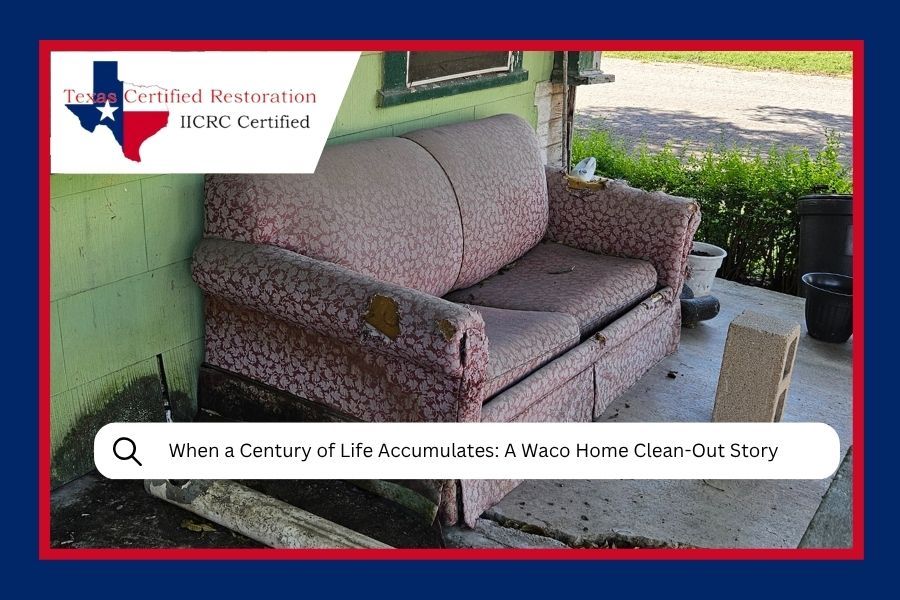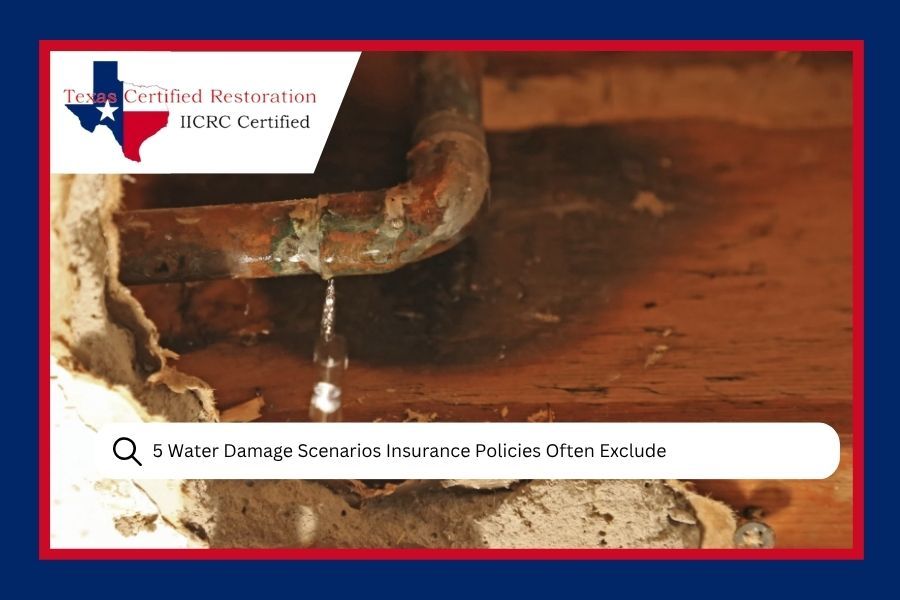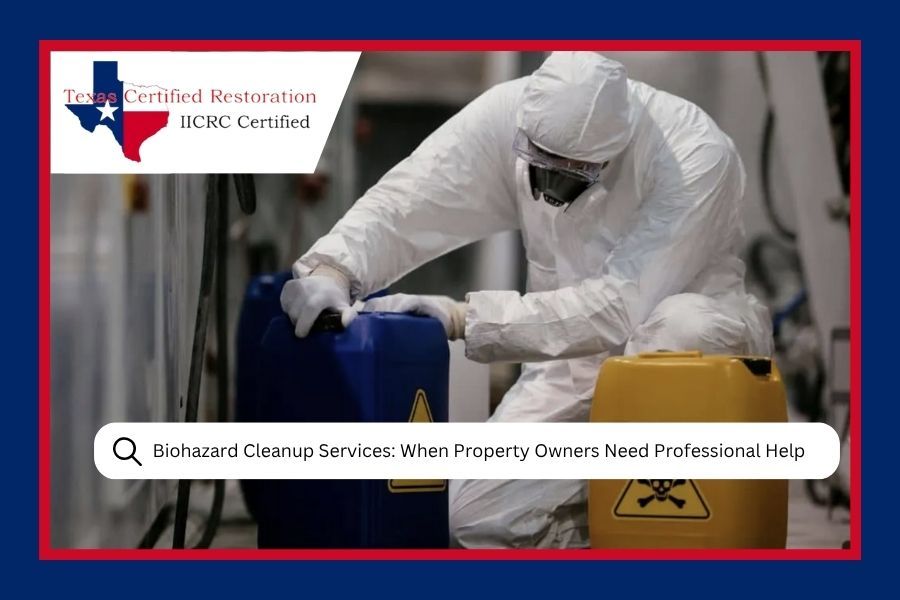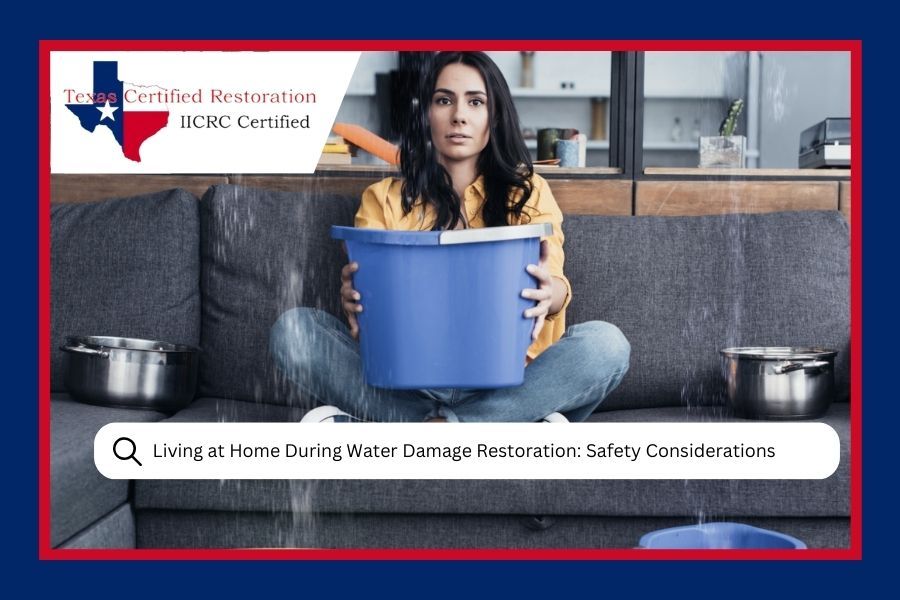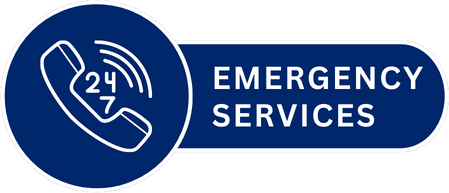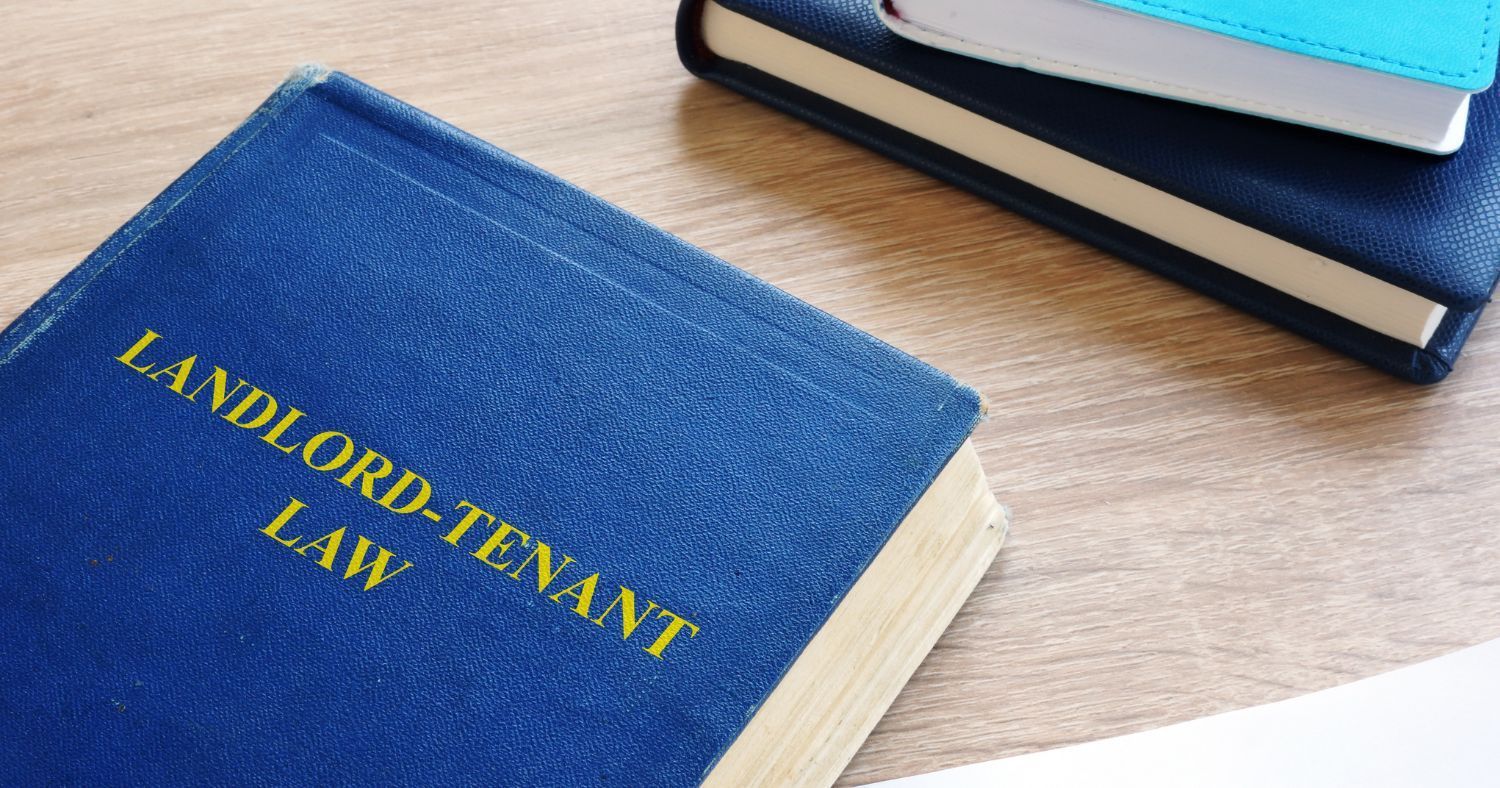
Tenant Guide: How Long Does My Landlord Have to Fix Mold Problems?
Mold is a common problem in many rental properties, and it’s important to tackle it quickly. Mold not only damages property but also can cause serious health harm. If you’re facing a mold issue you should consider mold remediation Austin services or any other local experts near you. In this guide, we’ll explore what you can do if mold becomes an issue in your rental home. We will also answer this very common question: "How long does my landlord have to fix mold?"
Mold Issues in Rental Properties
Mold is a type of fungus that grows in damp and humid environments. It can be found both indoors and outdoors. Common types of mold in rental properties include Aspergillus, Cladosporium, and Stachybotrys chartarum, also known as "black mold."
Black mold in rental houses is especially dangerous as it can cause severe health problems such as respiratory issues, headaches, and even long-term lung damage. Mold growth not only makes a property less appealing but also decreases its value. It’s very important to deal with mold problems as soon as they happen to protect both your health and the integrity of the property.
Legal Obligations of Landlords Regarding Mold
Landlords have a legal responsibility to maintain habitable living conditions. This means they must make sure that the rental property is safe and suitable for tenants to live in. So, "Is mold considered uninhabitable?" In many places, yes. Mold can make a property uninhabitable due to the health harm it can cause.
Specific laws and guidelines regarding mold vary by region. In some areas, landlords are required to handle mold issues as quickly as possible. For example, California law states that landlords must provide a mold-free environment. In other states, laws might not be as explicit, but landlords are still generally required to maintain a habitable property.
How Long Does My Landlord Have to Fix Mold: Timeframes
The timeframe can vary depending on the severity of the mold issue and local regulations. Generally, landlords are expected to act quickly after discovering mold. In many cases, this means starting remediation efforts within a few days. Immediate actions landlords should take include identifying the source of moisture causing the mold, fixing any leaks or water issues, and hiring professionals for mold remediation. If the mold problem is severe, temporary relocation of tenants might be necessary while the issue is being tackled.
Tenant Rights and Actions
As a tenant, you have rights when it comes to mold issues. If you discover mold in your rental home, you should report it to your landlord immediately. Provide written notice and keep a copy for your records. Document the mold problem with photos and notes.
One common question tenants have is, "Can you withhold rent for mold?" The answer depends on your location and the specifics of your lease agreement. In some states, tenants may withhold rent if the landlord fails to solve serious mold issues. However, this should be done carefully and often requires following specific legal procedures. Consulting a legal professional before withholding rent is advisable.
Steps to Take If Your Landlord Fails to Act
If your landlord fails to tackle the mold problem within a reasonable timeframe, it's important to take action to protect your health and living environment. Here are some steps you can follow:
Document the Issue
Keep detailed records of all communication with your landlord, including dates, times, and responses. Take photos or videos of the mold and any related damage to support your case. Having a thorough record will be necessary if you need to escalate the situation.
Contact Health or Housing Authorities
Reach out to local health or housing authorities to report the mold issue. These authorities can inspect the property and may have the power to persuade the landlord to take action. Provide them with all your documentation and any evidence you have gathered.
Seek Legal Advice
Consult with a tenant rights attorney to understand your options. A legal professional can guide you on whether you can take legal action against your landlord for failing to maintain a habitable property. They can also assist you in navigating the legal process and potentially negotiating a resolution or filing a lawsuit.
Preventing Mold Growth in Rental Properties
Prevention is key when it comes to mold. Here are some practical tips to help prevent mold growth in your rental home:
- Control Moisture:
Keep humidity levels low by using dehumidifiers and exhaust fans. Humidity should ideally be kept below 60%. Fix any leaks or water issues quickly, whether they are from pipes, roofs, or windows. Make sure to dry any wet areas immediately to prevent mold from developing.
- Ventilate:
Maintain proper ventilation in areas prone to moisture, such as bathrooms, kitchens, and laundry rooms. Use exhaust fans during and after activities that produce moisture, like showering or cooking. Open windows whenever possible to allow fresh air to circulate and reduce indoor humidity.
- Clean Regularly: Regularly clean and dry areas where mold is likely to grow, such as showers, windowsills, and around sinks. Use mold-killing cleaning products and avoid leaving wet items, such as towels or clothes, lying around. Make sure to clean and maintain your HVAC system and air ducts to prevent mold spores from spreading.
Read About - Tips For Killing Mold on Drywall
Contact Texas Certified Restoration For Quick Mold Removal Services
If you're dealing with mold issues in your rental property and need fast, effective help, don't wait. Contact
Texas Certified Restoration for professional mold removal services. Our experienced team will assess the situation, provide thorough remediation, and ensure your home is safe and healthy. Call us at (254) 312-2692 or
fill out an online form on our website.

